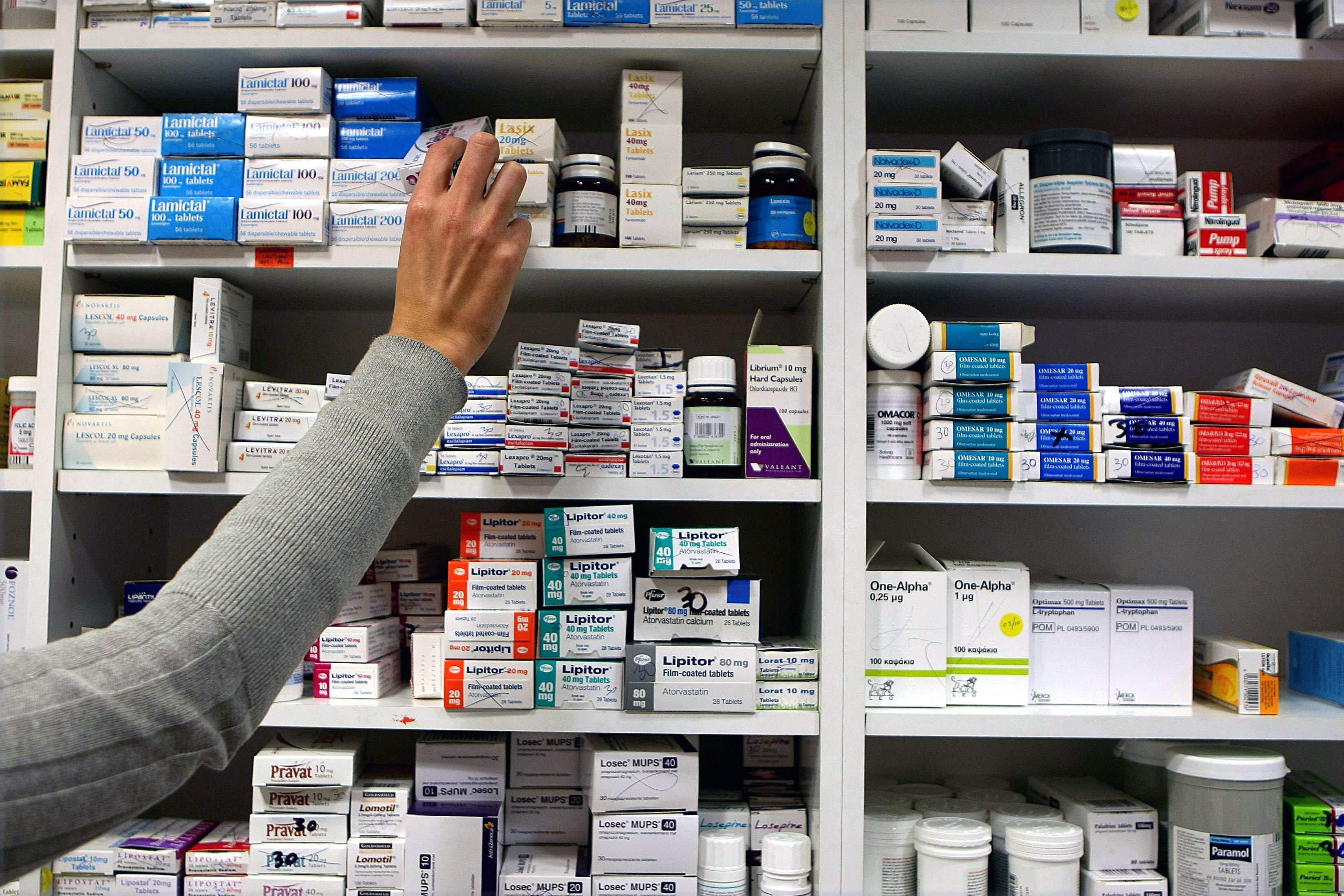Medicine shortages are now a “distressing new normal” for patients, posing a significant risk to public health, pharmacists have warned.
A new report from Community Pharmacy England (CPE), which represents over 10,000 community pharmacies, highlighted the “unprecedented” issues patients are facing due to a lack of available drugs.
The organisation’s survey, which polled more than 4,300 pharmacy owners and 1,600 pharmacy workers across England, found the situation to be worse than when a similar assessment was conducted three years ago.
It found:
- Some 95 per cent of pharmacy workers said patients are still being inconvenienced by ongoing shortages, while 73 per cent said supply issues are putting patient’s health at risk;
- Many are faced with frustrated patients, with 79 per cent reporting incidents of patient aggression when medicines were unavailable or delayed;
- Some 86 per cent of pharmacy owners said shortages are leading patients to visit multiple pharmacies in search of medicines;
- Looking for medicines is time-consuming for staff, with 39 per cent of pharmacy staff now spending one to two hours every day trying to get hold of drugs, with more than a quarter (26 per cent) spending longer than two hours;
- Almost half (49 per cent) of pharmacy owners said patient services are being negatively affected by pressures on their business, and 94 per cent link this directly to medicine supply problems.
Community Pharmacy England said that, in the last year alone, the Government has issued serious shortage protocols (SSPs) for key medicines used to treat schizophrenia, bipolar disorder, angina, HRT, antibiotics such as cefalexin and clarithromycin, and medicines for cardiovascular disease and pancreatic enzyme replacement therapy.
There are also ongoing shortages of drugs for ADHD, diabetes and epilepsy, it said.

SSPs occur to identify alternative drugs or quantity that may be supplied if a medicine is out of stock.
Janet Morrison, chief executive of Community Pharmacy England, said: “Our survey shows that as medicine supply issues remain a daily reality across the country, the risk to patient health has become a distressing new normal.
“Delays in receiving medicines not only disrupt patients’ treatment but can also cause unnecessary stress and potential harm to their health.
“The ongoing time and effort required to manage shortages also adds pressure on pharmacy teams, who are already working at full stretch.
“Our survey results suggest a system stuck that is stuck at breaking point.”
She said the problems were caused by issues ranging from product discontinuations to global supply chain challenges.
“We also believe that consistently low medicine prices in the UK have made the market less appealing to manufacturers, further weakening the resilience of the supply system,” she said.
“The future is uncertain, with expected drug price inflation and potential knock-on effects across the NHS, but we welcome the Government’s commitment to ongoing work to shore up supply chain resilience and will be monitoring the situation.”

When compared with 2022, the 2025 survey found a worsening picture, with 51 per cent of pharmacy teams in 2022 saying patients were being negatively affected by supply delays, rising to 73 per cent in 2025.
Supply issues were also more frequent, while teams are spending longer trying to sort them out.
Fin McCaul, a community pharmacy owner in Greater Manchester, said: “It’s not just a matter of running out of stock: patients are rightly frustrated, and their health is being harmed.
“Our teams are caught in the middle, spending hours calling suppliers and contacting GPs, trying to find alternatives, while also trying to keep patients informed.
“The constant uncertainty is affecting both our staff and patients, and each year it only seems to get worse.”
It comes as a Healthwatch England survey of more than 7,000 adults found one in four continue to report medicine shortages, while issues such as prescription delays, pharmacy closures, and affordability are on the rise.
Some 18 per cent reported prescription errors, 5 per cent were worried about cost and 9 per cent reported unexpected pharmacy closures.
The poll also suggested people are not always aware of the conditions that pharmacists can treat in order to avoid a trip to the GP.
A Department of Health and Social Care spokesperson said: “This government inherited ongoing global supply problems, but we have robust measures in place to mitigate disruption for patients.
“We are working to build the resilience of medicine supply chains and prevent future disruption as we get the NHS back on its feet.
“We have recently agreed an extra £617 million of funding over two years with Community Pharmacy England to help community pharmacies, support the sector and provide patients with greater services closer to home.
“Deliberate violence or abuse directed at healthcare staff is unacceptable and all staff, including pharmacists and their teams, deserve to work in a safe and secure environment.”




